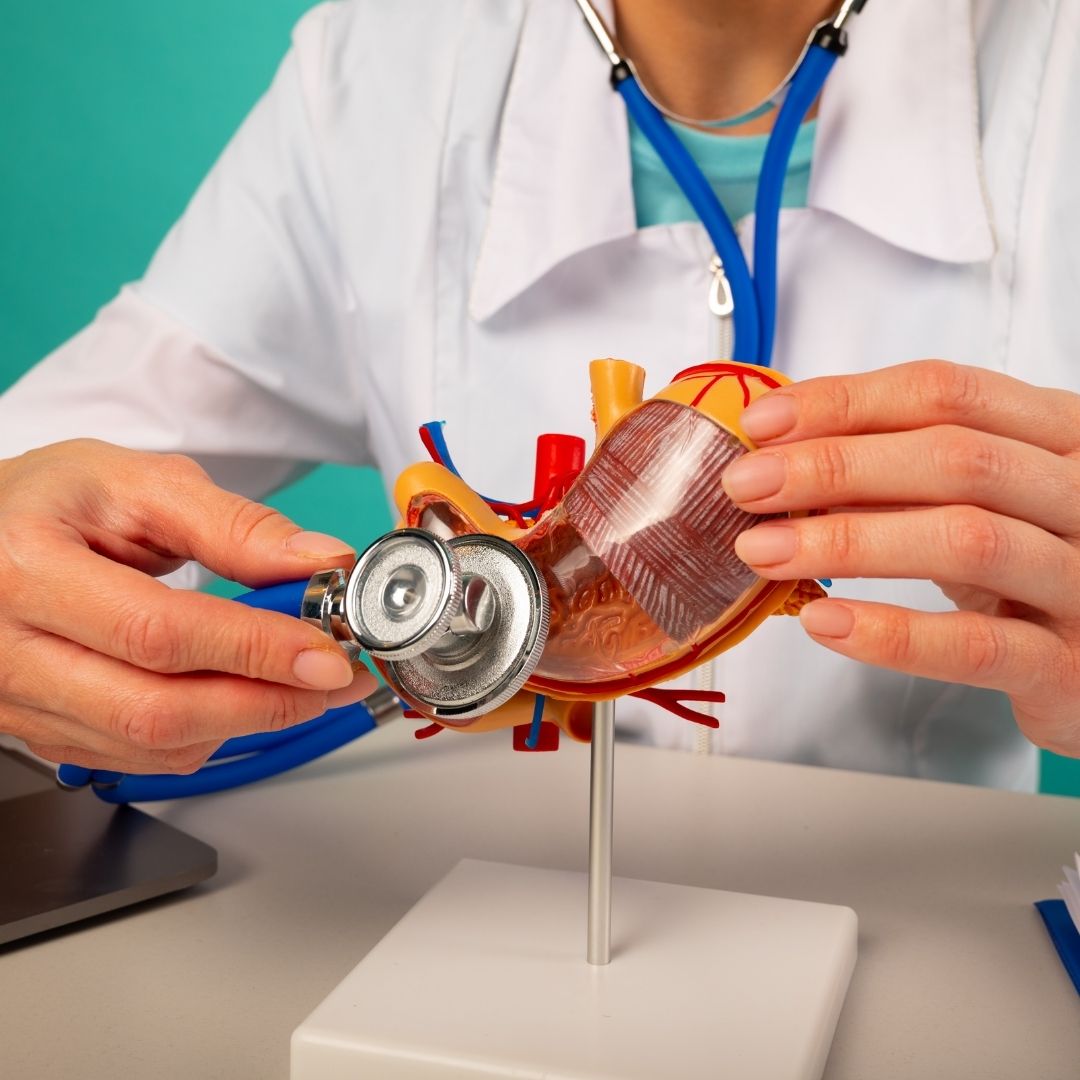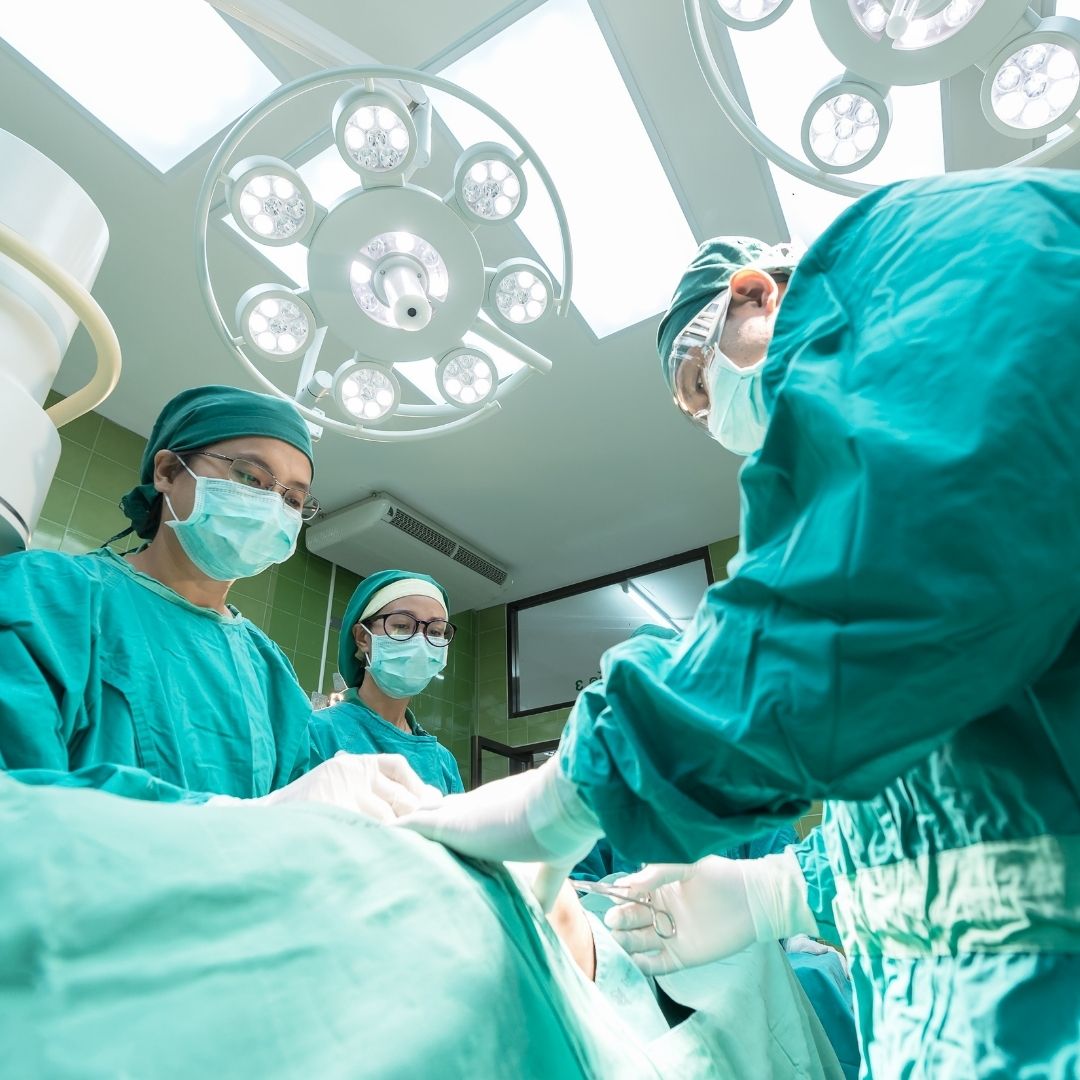
Get Rid of Gas After Bariatric Surgery
You might have heard about the dangers of stomach gas after bariatric surgery. The surgery, which reduces your stomach size by removing excess fat, might cause a wide range of side effects, including a high risk of infection. The risks of Clostridium difficile colitis are minimal. But you should be aware that they are real and might result in critical complications. Thankfully, there are many treatment options available, and a variety of reputable sources offer guidance on how to deal with your gas pain and gas after bariatric surgery in Turkey.
If you’re wondering how to get rid of gas after surgery, there are several ways to manage gas pain and gas after bariatric surgery. One way to minimize gas is to take smaller food at regular intervals. This will decrease the amount of food you swallow each day and help you avoid bloating. You should also try to eat slowly and chew your food well, as liquids with high sugar content can cause late dumping, which causes excessive gas after surgery and diarrhea around thirty minutes after swallowing. Your specialist at Healthy Türkiye will also suggest the use of medicine to help you manage the gas pain associated with the procedure.
You might take an antacid to neutralize the acidity of the gas and promote better digestion. Another dramatic treatment for excessive gas after surgery is a topical treatment called simethicone. It can be purchased without a prescription. And it is a safe method for everyone. However, the best way to deal with gas after bariatric surgery is to discuss treatment options with surgeons at Healthy Türkiye. They will explain to you in detail the question of how to get rid of gas after surgery.
Gas After Bariatric Surgery
Gas pain and gas after bariatric surgery is normal. First of all, it is due to the discomfort in the abdominal cavity. Having surgical tools inside is not the body’s normal state, and the body can kind of freak out about it. However, there is another factor for bariatric procedures: changes in diet.
Any time you change your dietary habits, it might cause the digestive tract to go a little crazy. With the post-bariatric surgery diet, you make important changes at the beginning and then, long-term, tend to add in more fiber and vegetables, both of which can potentially trigger flatulence. Certain bariatric surgeries also cause the malabsorption syndrome. This means that food is not digested as well as before the surgical operation. It then moves towards the colon, where it triggers the gas.
Gas after bariatric surgery can make you feel pain and shame. Excessive gas after surgery can be uncomfortable at best and downright painful at worst, especially if you’re still recovering.
But even when it doesn’t cause gas pain, it generally leads to embarrassment. This might be a major struggle for those trying to lose weight since they are usually already sensitive to how they are perceived. As such, It is important to find the answer to the question of how to get rid of gas after surgery.

Why Does Gas Form After Gastric Bypass Surgery?
Post-operative flatulence (excessive gas after surgery) is very common after gastric bypass surgery in Turkey. It may be caused by multiple factors, including surgical incisions, the new digestive anatomy, and changes in diet. The incisions made during bariatric surgery might irritate the stomach and intestines, leading to flatulence, and gas pain. Bariatric surgery changes how your digestive system works. The stomach is divided into two parts, and a small part of the small intestine is connected to a new, smaller gastric sac. It might lead to excessive gas after surgery, bloating and gas pain. A post-operative diet is essential for the success of bariatric surgery.
You should have a diet plan that involves small, frequent meals and fluids. Quick changes in diet can cause gas. Your digestive system will be shocked. You are beginning a new lifestyle with a clean slate that’s going to cause a significant change in your diet. The food you are used to eating will no longer be the same. Your gut will not allow it, and it’ll be up to you to determine what foods you can handle following bariatric surgery.
This will take some time, as you won’t be able to get a lot of fat and protein from certain foods so you will feel malnourished, constipated, and tired. Since this is the case, your body will begin to look for energy in other places, mainly fat, and this will also cause weight loss and gas build-up.
How to Get Rid of Gas After Surgery?
Excessive gas after surgery makes people uncomfortable. For those who ask the question of how to get rid of gas after surgery, we must say that, after weight-loss treatments, it is usual to have high bowel movements. As a consequence of bariatric surgery patients suffer from gas pain, diarrhea and dizziness. One of the anesthesia effects is stomach and intestinal air traps.
After all kinds of surgeries, it is usual to have bowel issues and trapped air aches. Specialists at Healthy Türkiye prescribe gastric and intestinal regulating drugs for inpatients for how to pass gas after bariatric surgery. These medications regulate all functions. Therefore, the gas in the stomach does not disturb the patient while in the hospital. However, bariatric surgery patients are more uncomfortable with this situation after the operation.
With bariatric surgery, the compressed air exerts more pressure on the stomach as it shrinks. For this reason, a caregiver comes as soon as the patient wakes up to pass the gas after the bariatric surgery. The caregiver supports the patient who gets rid of the effect of anesthesia and walks her/him a little. The reason for its execution is to push air bubbles in the abdomen to the intestines with the help of gravity. This is a normal procedure for all kinds of surgeries.
Eat Mindfully for Gas Pain
Eating mindfully means paying attention to how well you chew your food and listening to your body’s hunger and satiety signals. Patients should chew food until it has a puree consistency before swallowing. Additionally, patients should avoid overeating by closely following their surgeon’s suggestions regarding meal frequency and portion size.
Avoid Foods that Cause Excess Gas
Fiber-rich foods such as beans and vegetables are popular for triggering gas and bloating. But, some patients find that their gastrointestinal tracts behave a little differently following bariatric surgical operations.
This means that certain foods, like dairy and alcohol, might become problematic for some patients. The bariatric surgeons in Turkey with whom we work encourage patients to document and avoid foods that seem to trigger painful gas production.
Exercise Regularly
Exercises such as walking can help stimulate bowel movements and relieve gas pain. You can do yoga and try different forms of gentle stretching. Contact Healthy Türkiye for gas pain after bariatric surgery in Turkey. Turkey’s international metabolic bariatric centers can help you achieve your weight loss goals.
Drink Lots of Fluids, Especially Room Temperature Water, and Avoid Carbonated Drinks
Carbonated drinks can cause bloating and make you feel uncomfortable. Room-temperature water will help you meet your water needs and prevent excessive gas after surgery and gas pain. You can drink liquids such as herbal tea, water with lemon, and clear broth.
Take Over-The-Counter Medications
Your specialist at Healthy Türkiye might prescribe over-the-counter medicines such as simethicone to help relieve gas pain. Simethicone is an anti-gas medication that helps break down gas bubbles in your stomach.
The Study of Gas After Bariatric Surgery
A recent study published in the Journal of Bariatric Surgery Outcomes analyzed the factors contributing to gas formation after bariatric surgery and answered the question of how to get rid of gas after surgery. The study found that excessive gas after surgery is a common occurrence and can be attributed to multiple factors, including surgical incisions, changes in digestive anatomy, and alterations in diet. Additionally, the study emphasized the importance of mindful eating, avoiding specific gas-inducing foods, regular exercise, and the use of over-the-counter medications like simethicone to manage gas-related discomfort. These findings provide valuable insights for patients seeking solutions to gas-related issues after bariatric surgery.
Contact Healthy Türkiye
Gas is a common side effect after bariatric surgery. However, it should not make you promise to have weight loss surgery. If you are ready to find out your options in detail, contact Healthy Türkiye or request an online appointment here.




